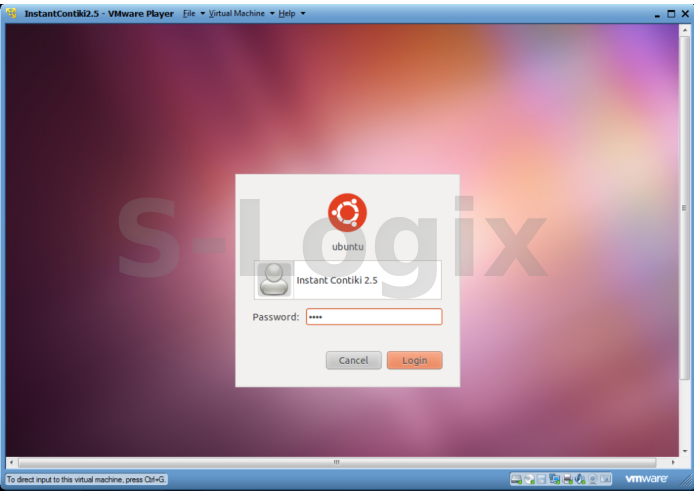RPL is a IPv6 based Routing Protocol for Low-Power and Lossy Networks. A Low-Power and Lossy Networks (LLNs) are a class of network. Here both routers and their interconnects are constrained devices.(i.e) processing power, memory, and energy consumption.RPL routing based on following principle: Destination Oriented Acyclic Graphs or DODAGs.
Open the Contiki OS with Vmware
worksation. An login into Contiki user
password: user .
Now open the terminal in contiki
desktop and make the right
directories to run the cooja simulator
tools.
In terminal,
Go to the Directory : cd
“/home/user/contiki/tools/cooja”
----> Press Enter
Give Command in terminal :
ant run ------> Press Enter
After successful execution of above
command. make file will build
automatically and then Contiki Cooja
Network simulator application tool
will appear. It’s a blue color
terminal.
Open file menu on cooja and create
new simulation with random seeding it
will autogenerate the seeds for
every time while you reload
the simulation.
File -new simulation (or)
(ctrl+ n).
select-Radio medium .
click -New random seed on
reload option.
click -Create .
Create motes in cooja.
To create server motes,
/home/user/contiki/examples/
ipv6/rpl-udp/udp-server.c
Choose a file location >> compile>>
create >> choose sever >> Add motes.
To create client motes
/home/user/contiki/examples/
ipv6/rpl-udp /udp-client.c
Choose a file in location >> compile >>
create >> choose client count(30) >> Add motes.
to run the cooja simulator
tools.
In, network terminal View
menu -choose the options you want,
For example: mote Type, mote ID’s,
radio traffic,etc..
Simulation Control
Click to start run the simulation.






